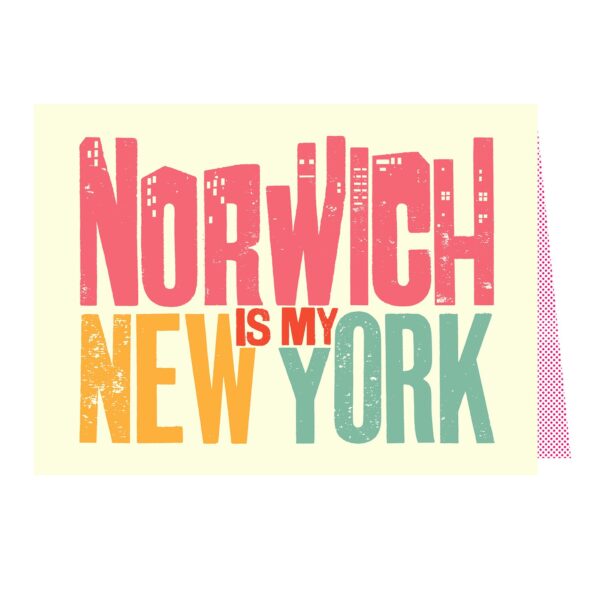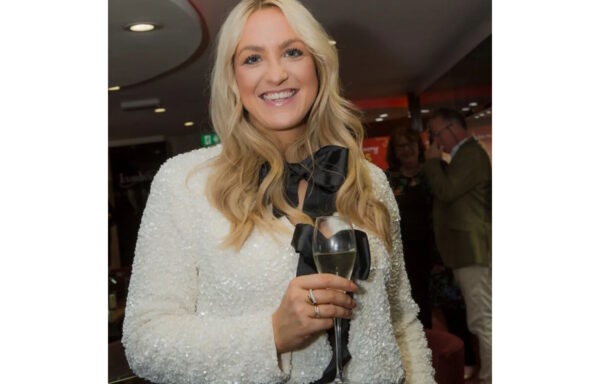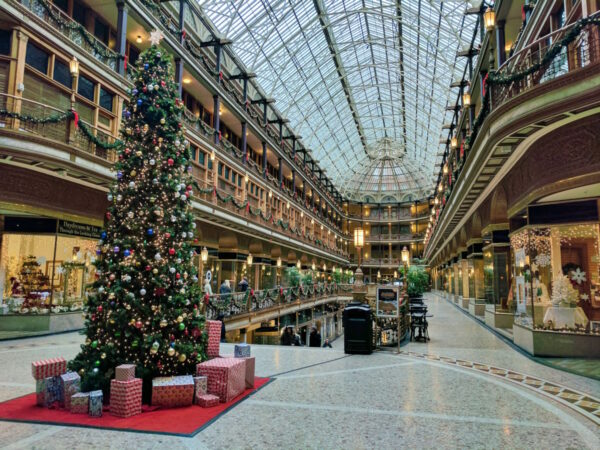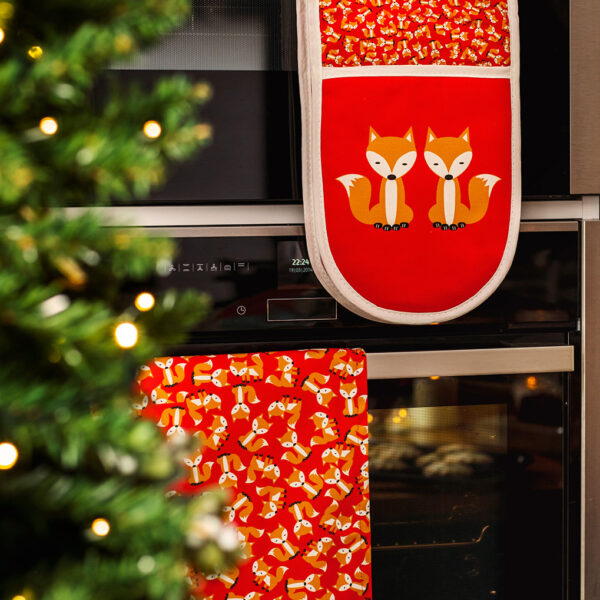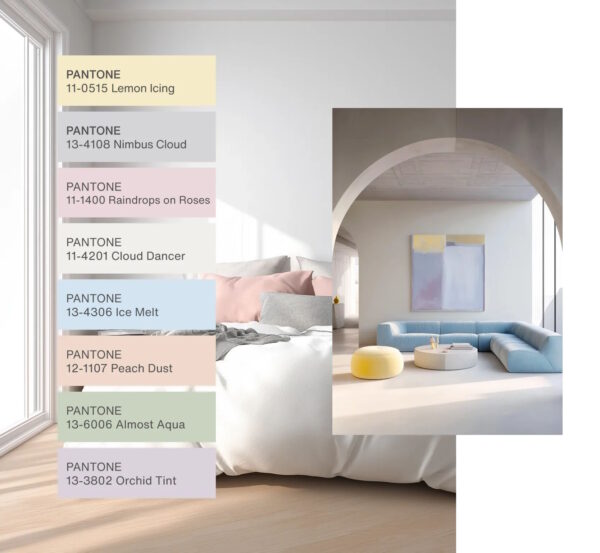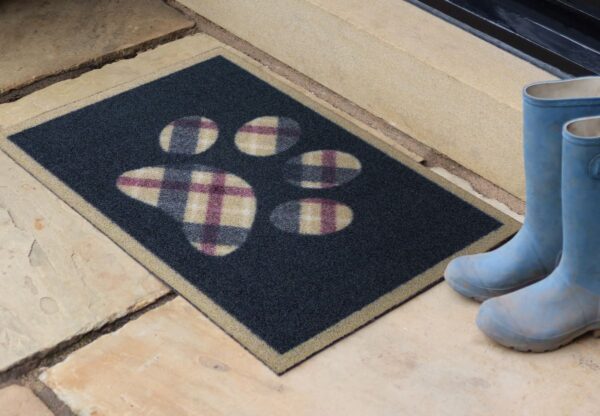 Alan Monahan writes: I do hope that your Christmas sales have defied the grim predictions of the doomsayers.
Alan Monahan writes: I do hope that your Christmas sales have defied the grim predictions of the doomsayers.
For what is supposed to be the most joyful time of the year, recent data has been less than upbeat
In my last column I said that the jury was out regarding Black Friday. Well, Visa UK suggests that the promotions it spawned weren’t enough to lift consumer spending. In fact, the company’s Mark Antipof says that November’s poor performance meant that the company was standing by its earlier prediction that Britain’s shoppers will be pulling their festive purse strings tighter than at any time since 2012.
Indeed, Visa believes that the first fall in overall Christmas spending by consumers for five years is on the cards – no pun intended – after the gap between the performance of e-commerce and the high street widened again last month. Bricks-and-mortar retailers saw sales down for the seventh consecutive month, while e-commerce continued its upward growth trend.
But all is not lost. It would appear that consumers are making further changes to their shopping priorities as a result of the increasing strain on household budgets. Visa says that cutbacks on big-ticket items such as car purchases and bookings for Christmas trips abroad led to the largest drop in spending on transport and communications in November.
In contrast, spending on miscellaneous goods – which includes visits to hair and beauty salons and cosmetics and jewellery purchases – saw the largest increase, offering further evidence of the ‘lipstick effect’, whereby people opt for smaller treats.
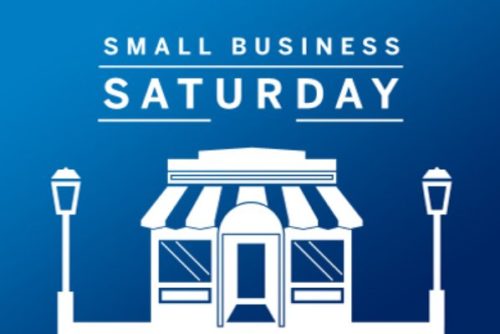 The British Retail Consortium thinks that a cautious consumer may sap some of the sparkle from this year’s Christmas trading, ‘which means retailers are going to have to compete even harder for customers’.
The British Retail Consortium thinks that a cautious consumer may sap some of the sparkle from this year’s Christmas trading, ‘which means retailers are going to have to compete even harder for customers’.
That, surely, is what the good ones always do!
Before we are dragged down by ‘bah humbug’ predictions we should look at the success of Small Business Saturday (December 2nd), which saw independent shops benefit from a record spend of £748 million – that’s up 4% on the £717m spent last year.
What’s more, 53% of customers surveyed said that they parted with more money than usual on the day. And some 115,000 tweets were published about the initiative, with #SmallBizSat trending at number one on social media in the UK.
As I’ve previously mentioned, building loyalty helps smaller bricks and mortar retailers to gain a competitive edge over less flexible large chains. That means doing the things that big stores can’t or won’t do and making every customer feel special. Those who took part in Small Business Saturday are testament that this really does work.
 On a lighter note, perhaps, a nationwide survey by jewellery retailer Beverbrooks suggests that the people of Norwich are the most miserable in the country when it comes to Christmas: more than one in 10 claim they ‘hate’ the festive season. They were followed by the residents of Nottingham and Leeds.
On a lighter note, perhaps, a nationwide survey by jewellery retailer Beverbrooks suggests that the people of Norwich are the most miserable in the country when it comes to Christmas: more than one in 10 claim they ‘hate’ the festive season. They were followed by the residents of Nottingham and Leeds.
Although the poll found that Christmas is still the most magical time of the year for the folk who live in Peterborough, London and Derby, I can’t guarantee that if you have a gift shop in the capital or one of these cities you’ll fare any better than your counterparts.
But wherever you’re selling, I do hope that you enjoy a very merry Christmas: may your tills jingle – if you still take cash!
And a happy, healthy and prosperous New Year to all readers: I’ll be back in 2018 with more retail reflections.






